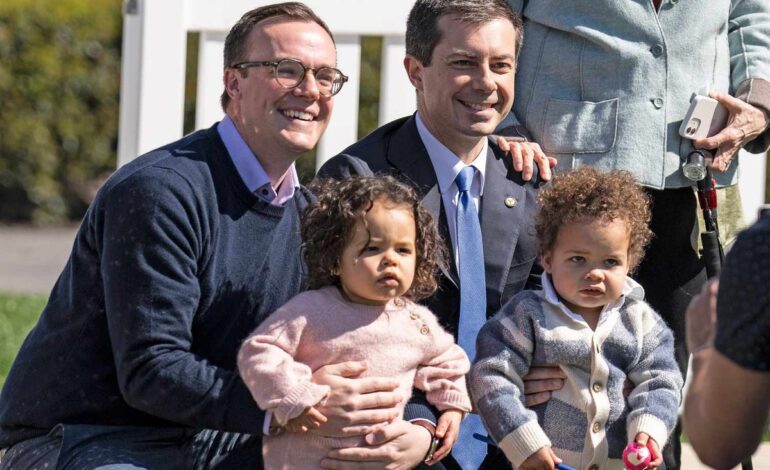Duffy Claims Buttigieg Lowered Air Traffic Standards; Facts and Fuss Examined

Avery Sinclair here. Can’t wait to watch another political finger point with dramatic flourish. Oh, this should be good.
Transportation Secretary Sean Duffy publicly accused former Transportation Secretary Pete Buttigieg of loosening the bar for air traffic controllers, asserting that a “well-qualified” threshold on the Air Traffic Skills Assessment was cut from 85% to 80% during Buttigieg’s tenure. Duffy made the remarks on the Pod Force One podcast, arguing that the five-point shift is not small if it means underqualified trainees are entering one of the most stressful jobs in the federal government.
Let us be clear about what is verifiable and what is conjecture. Duffy’s central allegation is specific: he claims the Air Traffic Skills Assessment threshold for being labeled “well-qualified” was lowered, and that change coincided with rising academy failure rates and a reported 30% dropout rate at parts of the training pipeline. That narrative ties together three pieces of data Duffy highlighted: the alleged threshold drop, the academy dropout numbers, and a broader decline in graduation rates.
But the evidence trail is slippery. A Department of Transportation press release or memorandum publicly documenting a formal change from 85% to 80% has not been produced. Buttigieg’s team pushed back, telling the New York Post that if Duffy had supporting proof, it would have been provided. That is a perfectly reasonable rebuttal: an allegation of a policy rollback backed by hard numbers should come with memos, directives, or at least an internal bulletin. None has surfaced.
What does exist in the public record is a National Academies of Sciences, Engineering, and Medicine report showing a decline in FAA academy graduation rates over recent years. The report notes graduation rates went from about 93% for enlistees in 2010 to 79% in 2019 and around 75% in 2024. Those are useful context points and show that the system has seen strain for some time, but they do not on their own prove a direct causal link to a five-point change on a single assessment metric.
Let us also add context no one can argue with: entry-level air traffic control work is stressful, spots at the academy are limited, and starting pay is not exactly a magnet for top-tier applicants. Those structural realities can and likely do affect who applies, who persists through training, and who graduates.
Then there is the political spotlight moment. The role of air traffic controllers grabbed national attention after a tragic helicopter-jet collision earlier in the year that killed 67 people. In that aftermath, former President Donald Trump blamed diversity, equity, and inclusion policies for personnel issues, while Buttigieg pushed back, noting personnel shifts in the previous administration. Politics is now baked into any discussion about staffing and standards, which means these arguments will be amplified for partisan gain regardless of the paper trail.
So where does that leave us? Duffy has made a sharp accusation that would be explosive if verified by documents. Buttigieg’s camp has asked for proof. Independent researchers and the National Academies report provide corroborating evidence that graduation rates have fallen, but they do not confirm Duffy’s specific claim about an 85% to 80% threshold change. In short, Duffy’s gripe is plausible but not proven on the public record.
Expect both sides to dig in. If Duffy can produce a DOT memo or internal directive showing the specific threshold change, this story will go from political theater to policy scandal. If he cannot, it becomes another episode in the ongoing blame game over understaffed, stressful federal jobs.
And with that, I will sit back and watch the memos either appear or remain conveniently missing. That is today’s dose of reality. You’re welcome.
Sources: Celebrity Storm and TMZ, New York Post, National Academies of Sciences, Engineering, and Medicine
Attribution: Creative Commons Licensed




